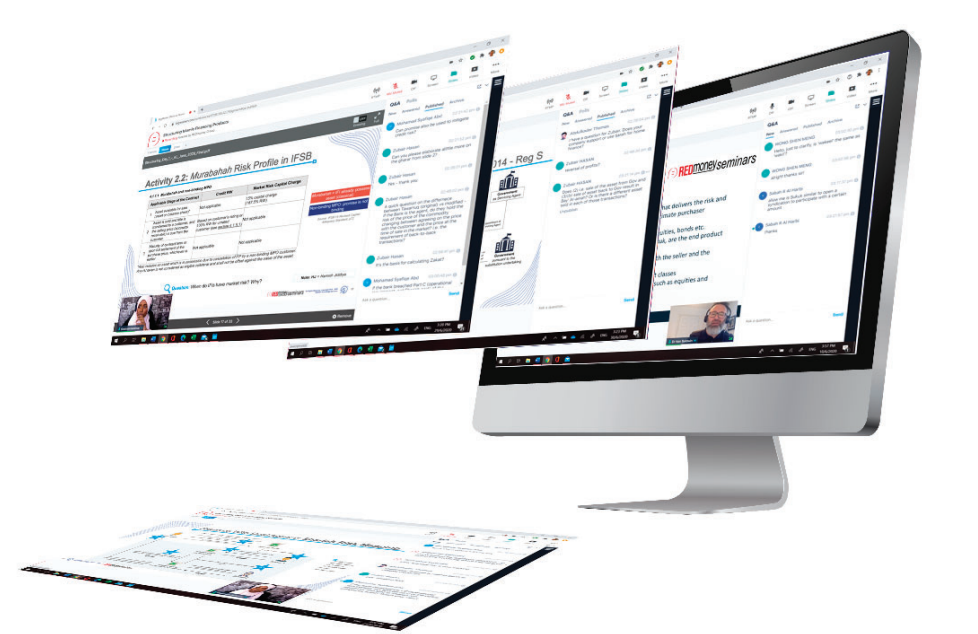1 participant: RM1,995/$550
2 participants: RM3,990/$1,100
3 participants: RM5,985/$1,650
4 participants: RM7,980/$2,200
5 participants: RM9,975/$2,750
Early Payment Discount: Payments made on or before 6th October 2021 will receive a 7.5% discount. Payments received after this date will be re-invoiced for the full amount.




